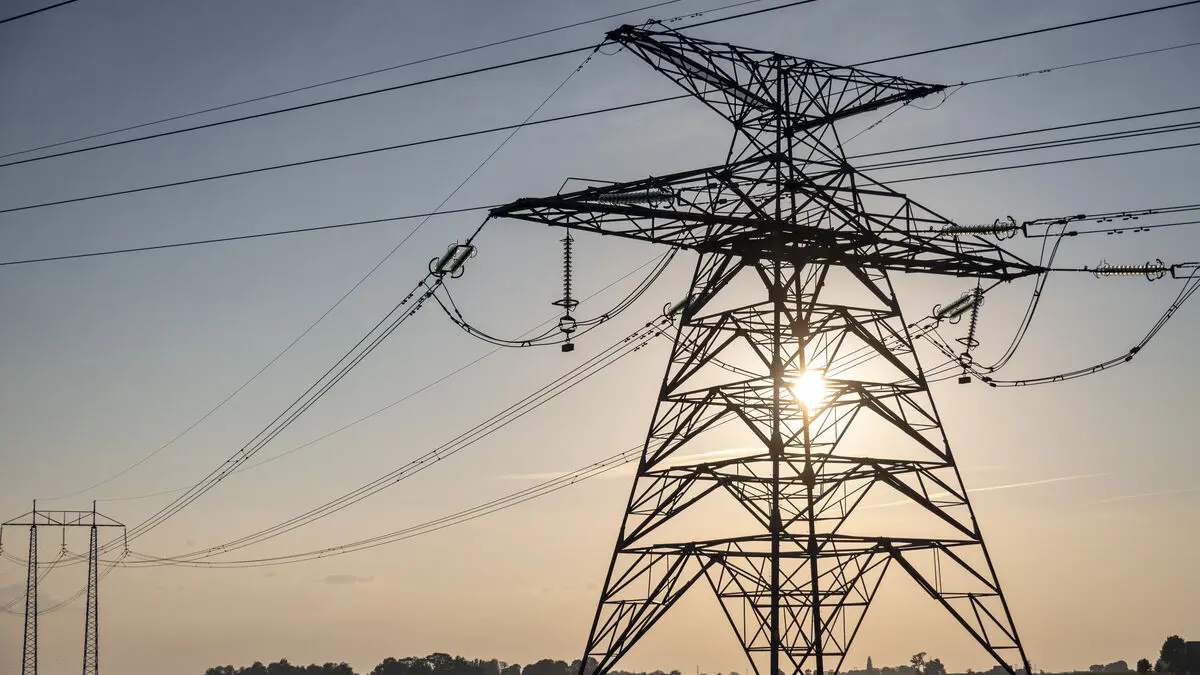In light of the electrification that Sweden is said to be facing, the electricity grid companies are now talking about an increased investment rate, and that is true, according to Tommy Johansson, head of the energy systems department at EI.
It is important that electricity grid regulation enables grid companies to make the necessary investments. But they must not raise electricity grid fees today because they plan to make investments in the future, he says.
“Being overcompensated”
And also historically, electricity grid companies have raised fees more than their actual costs have increased, according to Tommy Johansson.
The shortcomings in today's electricity grid regulation mean in practice that grid companies are overcompensated in relation to their actual costs.
In ten years, the electricity grid companies have increased the electricity grid fee, which accounts for about a third of a household's total electricity bill, by an average of 57 percent. And now the state-owned giant Vattenfall is adding another 14 percent. And more are likely to follow suit, EI expects.
The electricity grid companies operate in a monopoly market. That is why the Energy Market Inspectorate (EI) exists to regulate the companies' ability to raise fees. But the authority has not been very successful, with constant defeats against the companies in court.
Space increase greatly
The possibility of increasing the electricity network fee is determined by the so-called revenue frameworks that are set four years in advance. During the period 2024–2027, these frameworks are up to 40 percent higher than during the previous period.
There is a lot of room for many network companies to increase their network fees significantly during this four-year period, says Tommy Johansson.
Now the rules are to be revised for the next period, 2028-2031, and the other day the Riksdag gave the authority the go-ahead. The new regulations are stricter and have already raised protests from many companies.
But despite the tougher rules, the companies' revenue frameworks will probably still increase, albeit less than before, as larger investments in electricity networks await.
What the outcome is expected to be is still unclear, according to Johansson.






